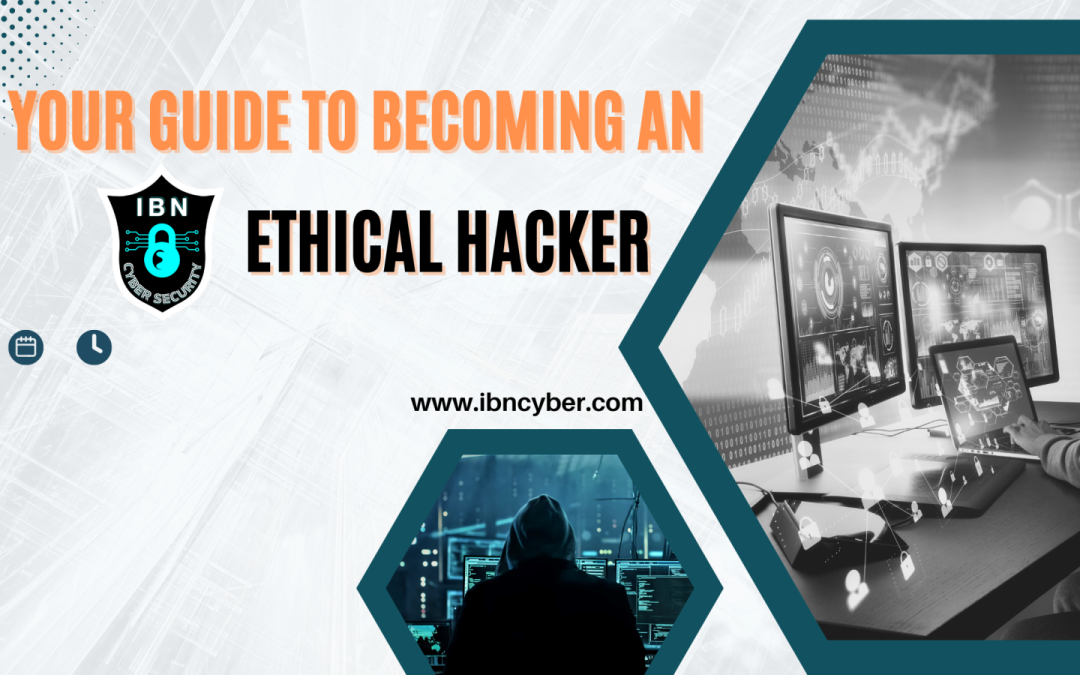Introduction:
In a world driven by technology and interconnectedness, the role of cybersecurity has become increasingly vital. With the rise in cyber threats, the demand for skilled professionals who can protect our digital world has skyrocketed. If you’ve ever wondered what it takes to become a hacker, read on. In this blog post, we’ll explore the path to becoming an ethical hacker and how you can contribute to the cybersecurity ecosystem.
Understanding Ethical Hacking:
Before we delve deeper, it’s important to differentiate between ethical hacking and malicious hacking. Ethical hacking, also known as penetration testing or white hat hacking, involves legally and ethically exploring computer systems and networks to identify vulnerabilities. Ethical hackers work with organizations to ensure their systems are secure by identifying weaknesses that could potentially be exploited by malicious hackers.
Skills Required:
- Technical Proficiency: Developing a strong foundation in computer networking, programming languages, and operating systems is crucial. Understanding how different systems work allows ethical hackers to identify vulnerabilities effectively.
- Curiosity and Problem-Solving: Ethical hackers possess an insatiable curiosity to uncover vulnerabilities and are persistent in solving complex problems. This mindset helps them to think like hackers and anticipate potential threats.
- Continuous Learning: The world of cybersecurity is ever-evolving. Ethical hackers must stay up-to-date with the latest hacking techniques, security protocols, and emerging technologies. Constant learning ensures they can adapt and protect against new threats.
- Strong Analytical Skills: Ethical hackers need to analyze data, identify patterns, and think critically to uncover potential vulnerabilities. The ability to connect the dots and find innovative solutions is key to their success.
Education and Certifications:
While a formal degree in cybersecurity or computer science can be beneficial, it is not always a prerequisite. Numerous online resources, tutorials, and communities are available to learn about ethical hacking. However, certifications like Certified Ethical Hacker (CEH), Offensive Security Certified Professional (OSCP), and Certified Information Systems Security Professional (CISSP) can provide a valuable boost to your credibility.
Ethical Hacking in Practice:
To give you a clearer picture, let’s consider an example of how ethical hacking works in practice.
Suppose a company wants to test the security of its online banking system. An ethical hacker, authorized by the company, would simulate attacks to identify vulnerabilities. They may attempt to exploit weak passwords, probe for software vulnerabilities, or employ social engineering techniques. By successfully uncovering weaknesses, the ethical hacker helps the company strengthen its defences, protecting the financial information of its customers.
Contributing to a Safer Cyberspace:
Becoming an ethical hacker means you can actively contribute to creating safer cyberspace. By working with organizations, you help fortify their defences against malicious hackers. Ethical hackers play a vital role in preventing cybercrimes, safeguarding sensitive data, and preserving the integrity of digital systems.
Ethics and Legal Considerations:
Ethical hackers must always abide by a strict code of ethics and follow legal guidelines. Gaining proper authorization before conducting any security assessments is crucial. Respecting privacy, ensuring confidentiality, and obtaining consent are essential principles that ethical hackers must adhere to.
Conclusion:
Becoming an ethical hacker is an exciting and challenging journey. By acquiring the necessary technical skills, staying informed about the latest trends, and adhering to ethical guidelines, you can make a meaningful impact in the cybersecurity field. Remember, ethical hacking is about using your skills for the greater good, protecting individuals and organizations from cyber threats. So, if you’re passionate about technology and interested in keeping the digital world secure, consider embarking on the path of ethical hacking and be a force for positive change in the realm of cybersecurity.

